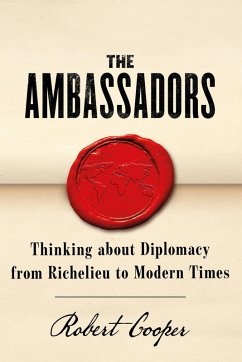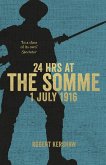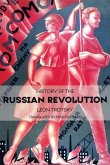Robert Cooper's incisive and elegantly written book includes a brilliant analysis of the people who built the western side of the Cold War. The high point of the drama was the Cuban Missile Crisis, with its contrast between the open debate that John F. Kennedy used to help him make decisions and the closed system in Moscow. Henry Kissinger is a pivotal figure in the post-war world, as well as one of the great writers on diplomacy. His story is in some ways typical: he failed in his most important aims, and succeeded in ways he never expected. A notable and neglected success story is that of German diplomacy in the last half-century.
Robert Cooper's masterly THE AMBASSADORS pieces together history and considers the fragments it leaves behind. It is these fragments that prove so illuminating.
Dieser Download kann aus rechtlichen Gründen nur mit Rechnungsadresse in A, B, BG, CY, CZ, D, DK, EW, E, FIN, F, GR, HR, H, IRL, I, LT, L, LR, M, NL, PL, P, R, S, SLO, SK ausgeliefert werden.









